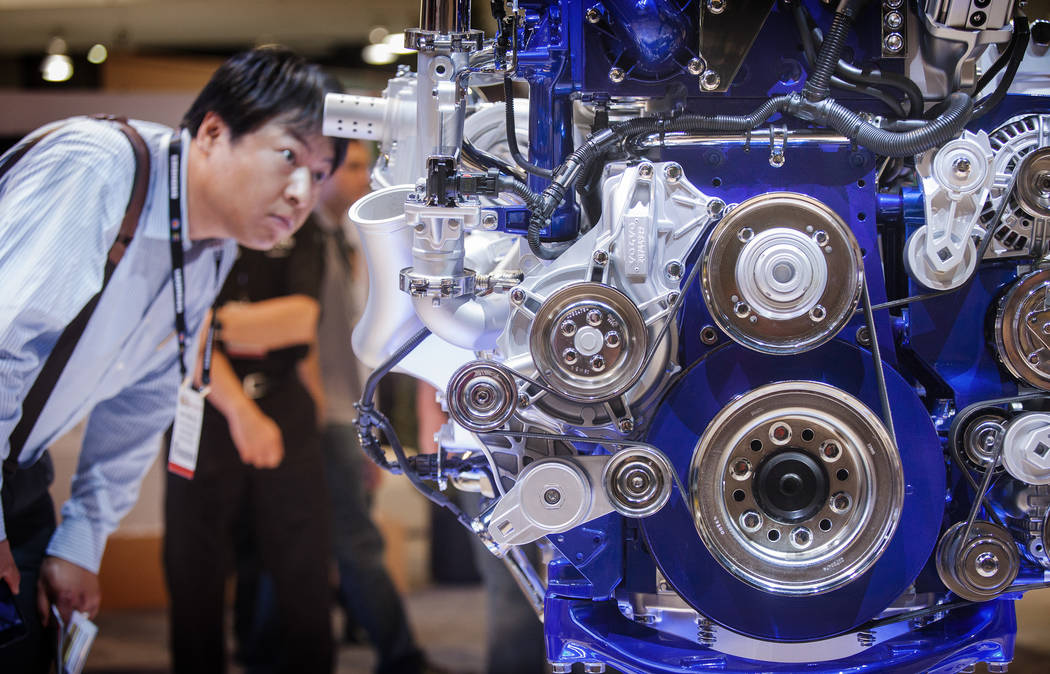Trump right to rollback fuel efficiency standards
Live by the administrative state, die by the administrative state. That’s the reality facing environmentalists as the Trump administration prepares to roll back fuel- efficiency standards put in place under Barack Obama.
Congress established fuel-efficiency mandates for vehicles in 1975 during the oil crisis. Like virtually every other government initiative, they’ve never gone away. At first, cars had to hit an average of 27.5 mpg by model year 1985. Trucks and minivans had a lower standard. In 2007, new legislation raised an automaker’s fleet average to 35 mpg and gave bureaucrats the ability to set even higher levels. In 2012, the EPA began a review to determine standards for model year 2022-25 vehicles. But when Donald Trump won the election, the agency hurriedly cut the effort short so it could ram through new rules before the Obama administration left town.
Just days before Trump took office, the EPA issued a requirement that vehicles average around 50 mpg by 2025.
Unsurprisingly, these increases would boost prices. Mr. Obama’s EPA put the cost at around $900 per vehicle. The Transportation Department now puts it at more than $2,000. There’s a practical downside to that. Increasing automobile prices means some consumers will postpone purchases and opt to drive older, less safe and less efficient vehicles for longer.
While well-intentioned, the standards have undermined market efficiencies and triggered a host of unintended consequences. Carmakers are forced to build smaller, more fuel-efficient vehicles to meet the requirements regardless of consumer preferences. SUVs and pickups are keeping Detroit in the green, yet GM, Ford and Chrysler are forced to spend billions producing models that boost their MPG fleet numbers and end up in rental car lots.
Automakers have been pushing for relief, and the Trump administration is on the verge of delivering. Last week, numerous media outlets reported that the EPA will soon officially freeze mileage requirements.
Simultaneous with this effort, the Trump administration is setting up a showdown with California. Since 2009, the Golden State has received a waiver under the Clean Air Act that allowed it to set tighter emissions restrictions than those imposed by the federal government. A dozen states and the District of Columbia have signed on to those regulations.
This has Democrats, once again, suddenly embracing states’ rights. They’d have a valid point if they were also pushing to roll back these federal programs entirely and leave everything to the states. Until that happens, however, national standards are appropriate.
The Trump administration is correct to freeze the fuel-efficiency standards at 2020 levels as a means of fulfilling the president’s promise to rein in the regulatory state. The costs of stricter regulations far exceed the negligible environmental impacts. Consumers don’t need federal bureaucrats dictating what kind of cars they drive. The marketplace is more than capable of sorting it out.

















